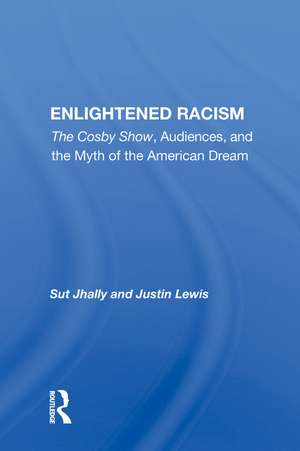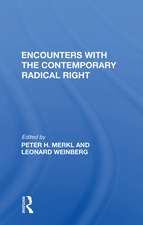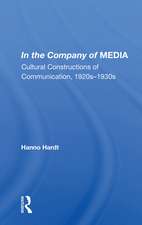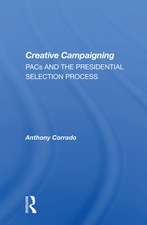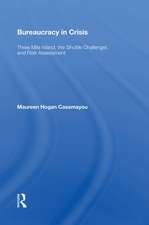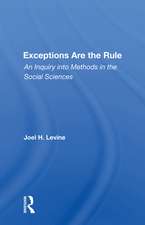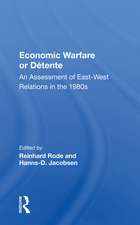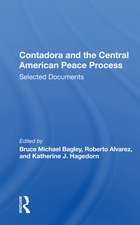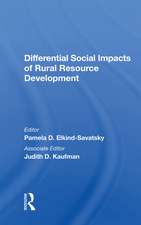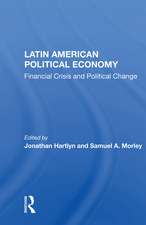Enlightened Racism: The Cosby Show, Audiences, And The Myth Of The American Dream
Autor Sut Jhallyen Limba Engleză Hardback – 7 iun 2019
| Toate formatele și edițiile | Preț | Express |
|---|---|---|
| Paperback (1) | 380.74 lei 6-8 săpt. | |
| Taylor & Francis – 7 dec 2020 | 380.74 lei 6-8 săpt. | |
| Hardback (1) | 764.20 lei 6-8 săpt. | |
| Taylor & Francis – 7 iun 2019 | 764.20 lei 6-8 săpt. |
Preț: 764.20 lei
Preț vechi: 1027.43 lei
-26% Nou
Puncte Express: 1146
Preț estimativ în valută:
146.28€ • 158.94$ • 122.95£
146.28€ • 158.94$ • 122.95£
Carte tipărită la comandă
Livrare economică 21 aprilie-05 mai
Preluare comenzi: 021 569.72.76
Specificații
ISBN-13: 9780367004484
ISBN-10: 0367004488
Pagini: 170
Dimensiuni: 152 x 229 mm
Greutate: 0.45 kg
Ediția:1
Editura: Taylor & Francis
Colecția Routledge
Locul publicării:Oxford, United Kingdom
ISBN-10: 0367004488
Pagini: 170
Dimensiuni: 152 x 229 mm
Greutate: 0.45 kg
Ediția:1
Editura: Taylor & Francis
Colecția Routledge
Locul publicării:Oxford, United Kingdom
Cuprins
Preface -- Introducing -- Television and Reality: -- The Success of Cosby -- Black Experience: Images, Illusions, and Social Class -- Class and the Myth of the American Dream -- White Responses: The Emergence of “Enlightened” Racism -- Black Responses: The Hollow Images of Success -- Conclusion: Unpopular Messages in an Age of Popularity
Descriere
The Cosby Show needs little introduction to most people familiar with American popular culture. It is a show with immense and universal appeal. Even so, most debates about the significance of the program have failed to take into account one of the more important elements of its success—its viewers. Through a major study of the audiences of The Cosby Show, the authors treat two issues of great social and political importance—how television, America's most widespread cultural form, influences the way we think, and how our society in the post-Civil Rights era thinks about race, our most widespread cultural problem. This book offers a radical challenge to the conventional wisdom concerning facial stereotyping in the United States and demonstrates how apparently progressive programs like The Cosby Show, despite good intentions, actually help to construct "enlightened" forms of racism. The authors argue that, in the post-Civil Rights era, a new structure of racial beliefs, based on subtle contradictions between attitudes toward race and class, has brought in its wake this new form of racial thought that seems on the surface to exhibit a new tolerance. However, professors Jhally and Lewis find that because Americans cannot think clearly about class, they cannot, after all, think clearly about race. This groundbreaking book is rooted in an empirical analysis of the reactions to The Cosby Show of a range of ordinary Americans, both black and white. Professors Jhally and Lewis discussed with the different audiences their attitudes toward the program and more generally their understanding and perceptions of issues of race and social class. Enlightened Racism is a major intervention into the public debate about race and perceptions of race—a debate, in the 1990s, at the heart of American political and public life. This book is indispensable to understanding that debate.
